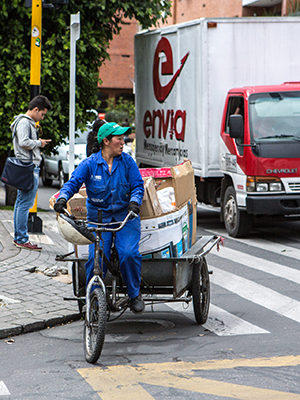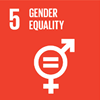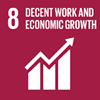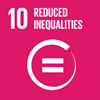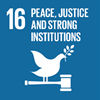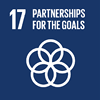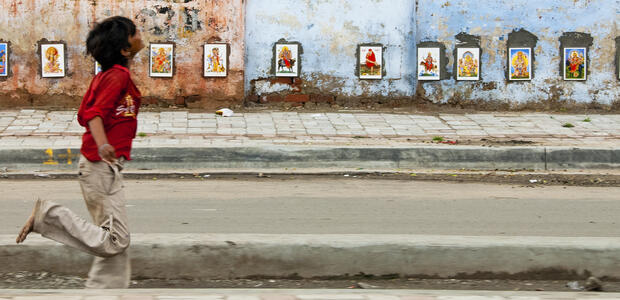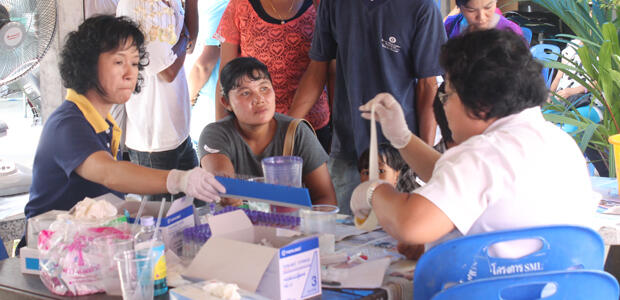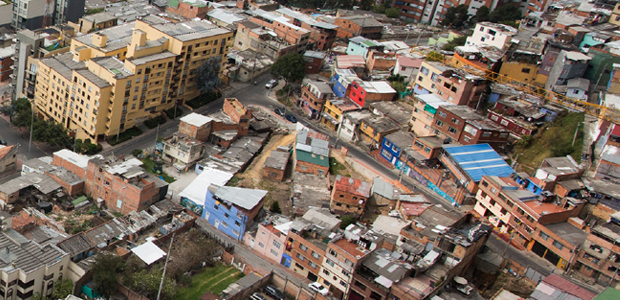Transforming economies, states, and societies
At its core, development is about the well-being of people. But it is also about creating societies which provide fundamental rights and just social political outcomes. Sustainable and inclusive development requires transformative changes across three fundamental areas: in the structures of economies, in the state, and institutions that govern social and market interactions and broader developmental processes, and in society itself. These transformations are central to the achievement of the United Nations’ 2030 Agenda for Sustainable Development and the Sustainable Development Goals (SDGs).
The 2019–23 UNU-WIDER work programme focuses on the interlinked development challenges of transforming economies, states, and societies and maps them against SDGs 5, 8, 10, 16, 17. By mobilizing research evidence for action through the ongoing processes in the UN and its member states, the institute continues to work with stakeholders to strengthen capacities for research, technical, and policy analysis, and facilitate exchange of experiences and knowledge towards bold and collaborative development solutions for countries and regions around the world.
Click on the table below to explore our current work or scroll down to search past projects.
23 active and previous projects
Filter by...
Inclusion
Disadvantaged groups and social mobilityThis project has three main objectives in line with UNU-WIDER’s tradition in the area of inclusion and horizontal inequality: (1) to shed further light on the extent to which inequalities run along ethnic, gender, and other communal lines; (2) to...
Inclusion
World inequalityThe purpose of this project is to advance data collection, measurement, and research regarding the development of inequality in the world. A major focus in this research area is the maintenance, updating, and development of the World Income...
Inclusion
Gender and developmentSubstantial progress toward gender equality and women’s empowerment has occurred over the past four decades, but key gaps, both in opportunity and capability, persist between males and females in all countries. This project focuses on generating high...
2004-05
Jubilee conference - WIDER thinking aheadAbout 200 participants attended the conference, more than 150 of them coming from outside Finland. The conference was open to younger researchers as well as established scholars. A list of participants is available on WIDER’s website. Conferences...
2004-05
Personal assets from a global perspectiveThe project aims to assemble data about the distribution and composition of personal assets in developing, transition, and developed countries and to study the implications of personal asset-holding for economic development. The most important asset...
2004-05
Unlocking human potential conferenceConferences: 17 September 2004 EGDI-WIDER Conference on Unlocking Human Potential: Linking the Informal and Formal Sectors
2004-05
Inequality and poverty in ChinaGetting an accurate picture of poverty and inequality trends and patterns in the world’s most populous country is central to understanding changes in global inequality and poverty – these alter significantly when China is included or excluded. China...
2004-05
International mobility of talentInternational development in the era of globalization needs an effective transfer of knowledge and human capital from the main centres of knowledge creation to developing countries for supporting their growth and development process. Most of the new...
2004-05
Millennium development goals - assessing and forecasting progressAchievement of the MDG goals by 2015 is an ambitious undertaking. The donor community is now mobilizing resources behind the goals, and efforts to implement the goals are now underway at national and international levels. It is inevitable that...
 Join the network
Join the network